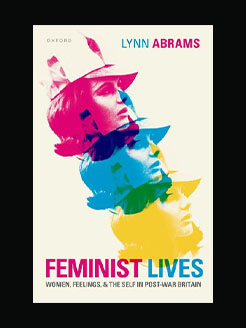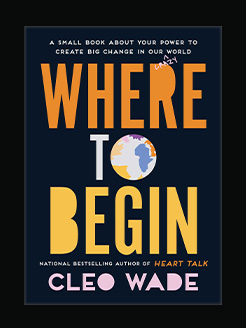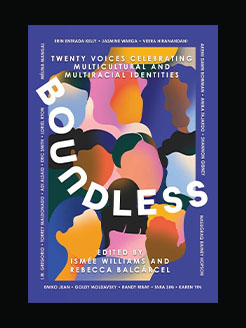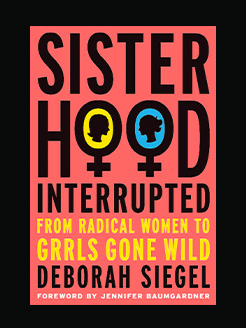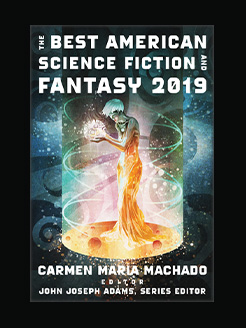Published in 2023
289 pages
Athene Donald is Professor Emerita in Experimental Physics and Master of Churchill College, University of Cambridge. Other than four years postdoctoral research in the USA, she has spent her career in Cambridge, specializing in soft matter physics and physics at the interface with biology. She was the University of Cambridge’s first Gender Equality Champion, and has been involved in numerous initiatives concerning women in science. She was elected Fellow of the Royal Society in 1999 and appointed DBE for services to Physics in 2010.
What is this book about?
Why are girls discouraged from doing science? Why do so many promising women leave science in early and mid-career? Why do women not prosper in the scientific workforce?
Not Just For the Boys looks back at how society has historically excluded women from the scientific sphere and discourse, what progress has been made, and how more is still needed. Athene Donald, herself a distinguished physicist, explores societal expectations during both childhood and working life using evidence of the systemic disadvantages women operate under, from the developing science of how our brains are—and more importantly aren’t—gendered, to social science evidence around attitudes towards girls and women doing science.
It also discusses how science is done in practice, in order to dispel common for example, the perception that science is not creative, or that it is carried out by a lone genius in an ivory tower, myths that can be very off-putting to many sections of the population. A better appreciation of the collaborative, creative, and multi-disciplinary nature of science is likely to lead to its appeal to a far wider swathe of people, especially women. This book examines the modern way of working in scientific research, and how gender bias operates in various ways within it, drawing on the voices of leading women in science describing their feelings and experiences. It argues the moral and business case for greater diversity in modern research, the better to improve science and tackle the great challenges we face today.

